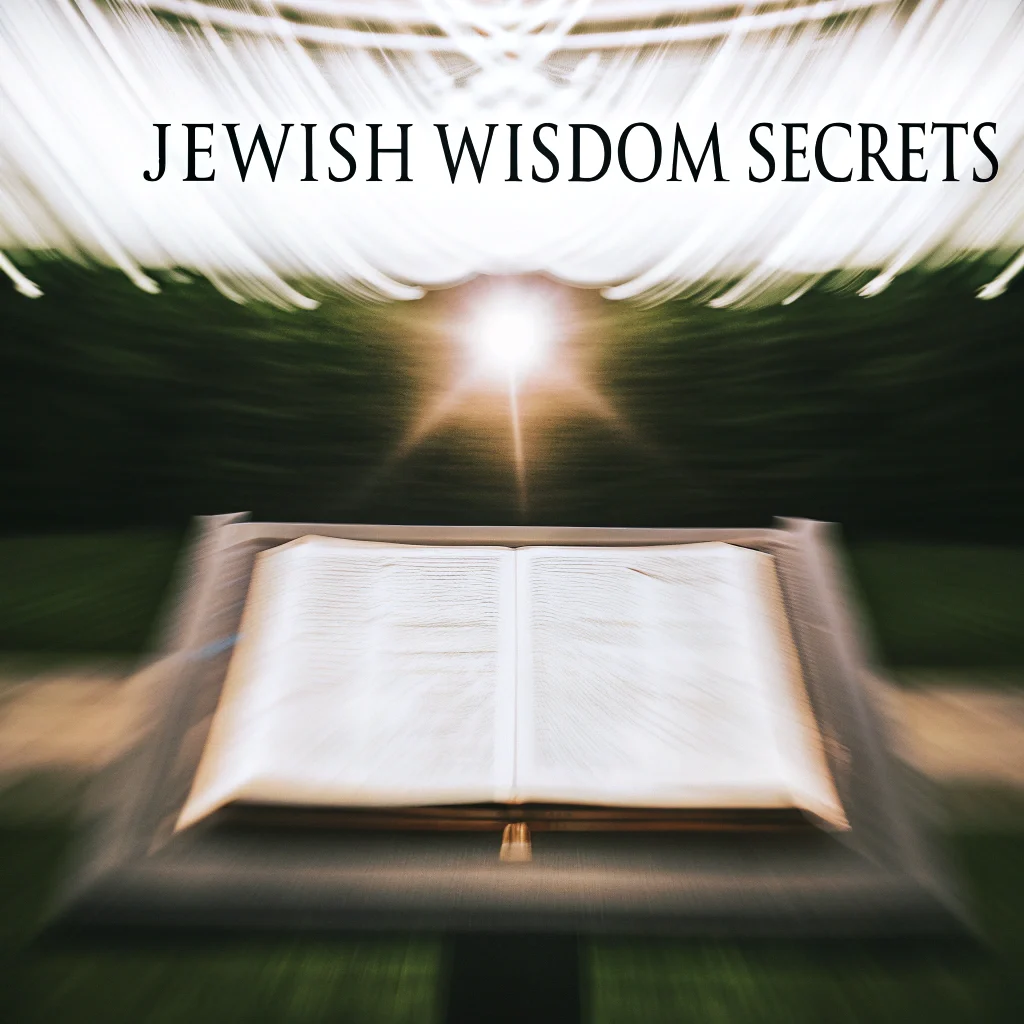Psalm 10’s astonishing truth reveals itself in times of trial, when injustice surrounds us and many ask: “Where is God?” This ancient text delves into the challenging topic of divine presence, exposing the essence of the struggle between righteousness and wickedness, faith and doubt. Let’s explore what wisdom and comfort it offers us today.
About Divine Distance
“O Lord, why do You stand from afar? Why do You hide in times of distress?”
The psalmist begins with a sincere question that torments the soul of every believer in difficult times. This is not a challenge, but rather a cry from the heart of someone feeling alone in the face of injustice.
When difficult events befall us, it creates the impression that God “hides His eyes.” This feeling of distance and abandonment is familiar to many of us, especially when we witness the prosperity of the wicked.
The Portrait Revealing Psalm 10’s Astonishing Truth
The psalm describes in detail the behavior and thinking of the wicked person:
- Pride and presumption: “The wicked man boasts about the desire of his soul”
- Denial of God: “There is no God,” say all his thoughts
- Temporary prosperity: “His ways prosper at all times”
- False sense of security: “He says to himself, ‘I will not fall; for all generations I will not be in adversity’”
The psalmist paints a vivid picture of someone who rejects God’s laws and believes they will remain unpunished. He sees how such people oppress the innocent, which intensifies his question about God’s justice.
The Hidden Strategy
“He sits in the lurking-places of the villages; in hidden places he slays the innocent; his eyes spy on the helpless”
The psalm reveals the cunning tactics of wicked people – they act covertly, like predators waiting for prey. They set traps for the poor and defenseless, using lies and deception.
Verse 11 is particularly piercing: “He says in his heart, ‘God has forgotten; He has hidden His face, He never sees.’” This is the ultimate expression of rejecting God – the certainty that one will never be held accountable for their actions.
Divine Intervention: The Core of Psalm 10’s Astonishing Truth
“Arise, O Lord God, lift up Your hand; do not forget the humble!”
After describing the injustice, the psalmist turns to God with a fervent prayer. This is not just a request for help, but a call for the restoration of justice. He reminds that God has always been the defender of orphans and the oppressed.
This part of the psalm demonstrates a turn from despair to hope, from questions to confidence in God’s intervention. Despite the apparent prosperity of the wicked, the psalmist believes their days are numbered.
Confidence and Justice: Completing Psalm 10’s Astonishing Truth
“The Lord is King forever and ever; nations perish from His land”
The final verses of the psalm move from questions and complaints to a firm confession of faith. The psalmist proclaims God’s eternal reign and His ultimate victory over wickedness.
The concluding words are especially important: “that he no longer continue to break the weak from the earth.” They point to the ultimate goal of God’s justice – not just punishment of the guilty, but the creation of a world where oppression and fear no longer have a place.
Practical Applications of Psalm 10’s Astonishing Truth
- Honesty before God – the psalm teaches us to express our doubts and questions openly
- Recognizing wickedness – helps us see the true nature of arrogance and denial of God
- Patience in waiting for justice – reminds us that God’s justice is inevitable, even if not immediate
- Protection of the vulnerable – calls us to stand with orphans and the oppressed, as God does
Psalm 10’s astonishing truth gives us the courage to continue believing in God’s justice even when evil seems to be triumphant. It doesn’t offer simple answers, but points the way to hope through honest prayer and deep faith.
Source: Tehillim (Psalms) – Chapter 10
Afterword: The text of this article has not been approved by any sage, Torah scholar, or rabbi and is merely a simplified adaptation of the sacred text for general understanding. For comprehension of true wisdom and a deeper understanding of the original text, you should refer to the sources.
This and all other article texts of the Mega-Charity.Org resource express only the personal opinions of the authors who compiled them. They are intended only for general and superficial understanding of the real sources of wisdom. References to which are provided.



